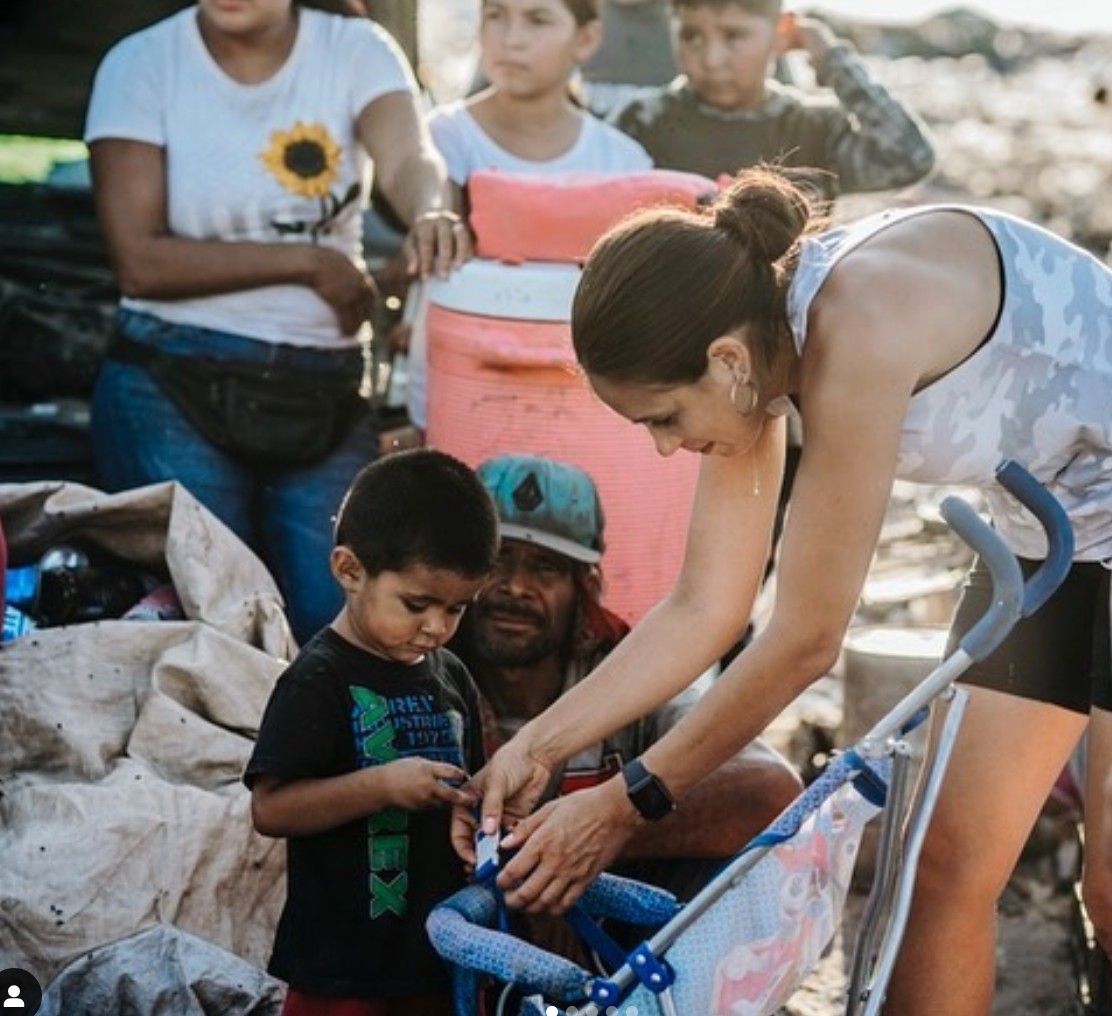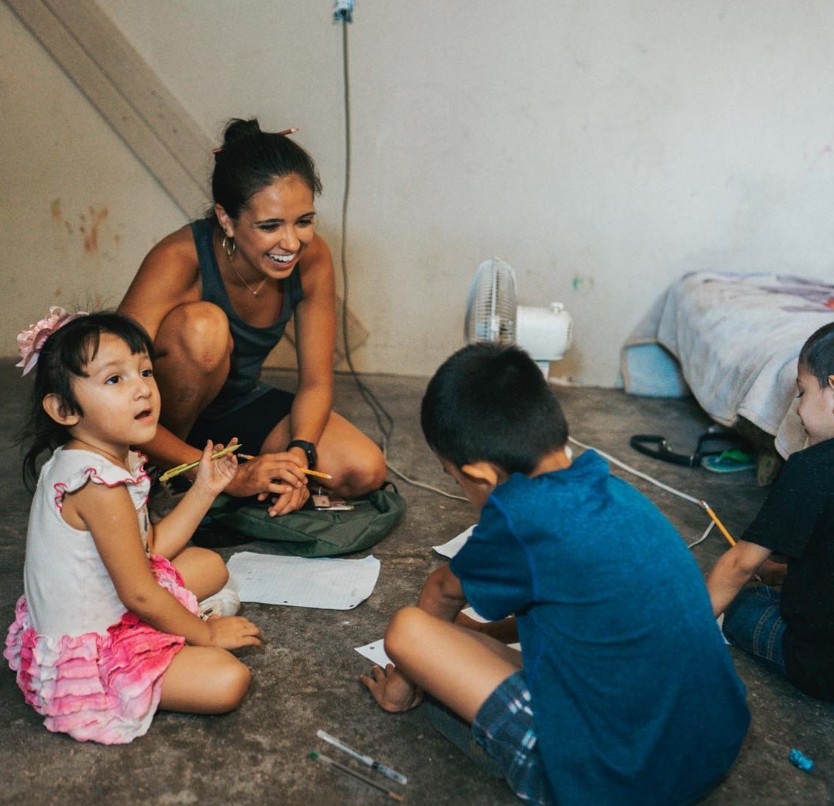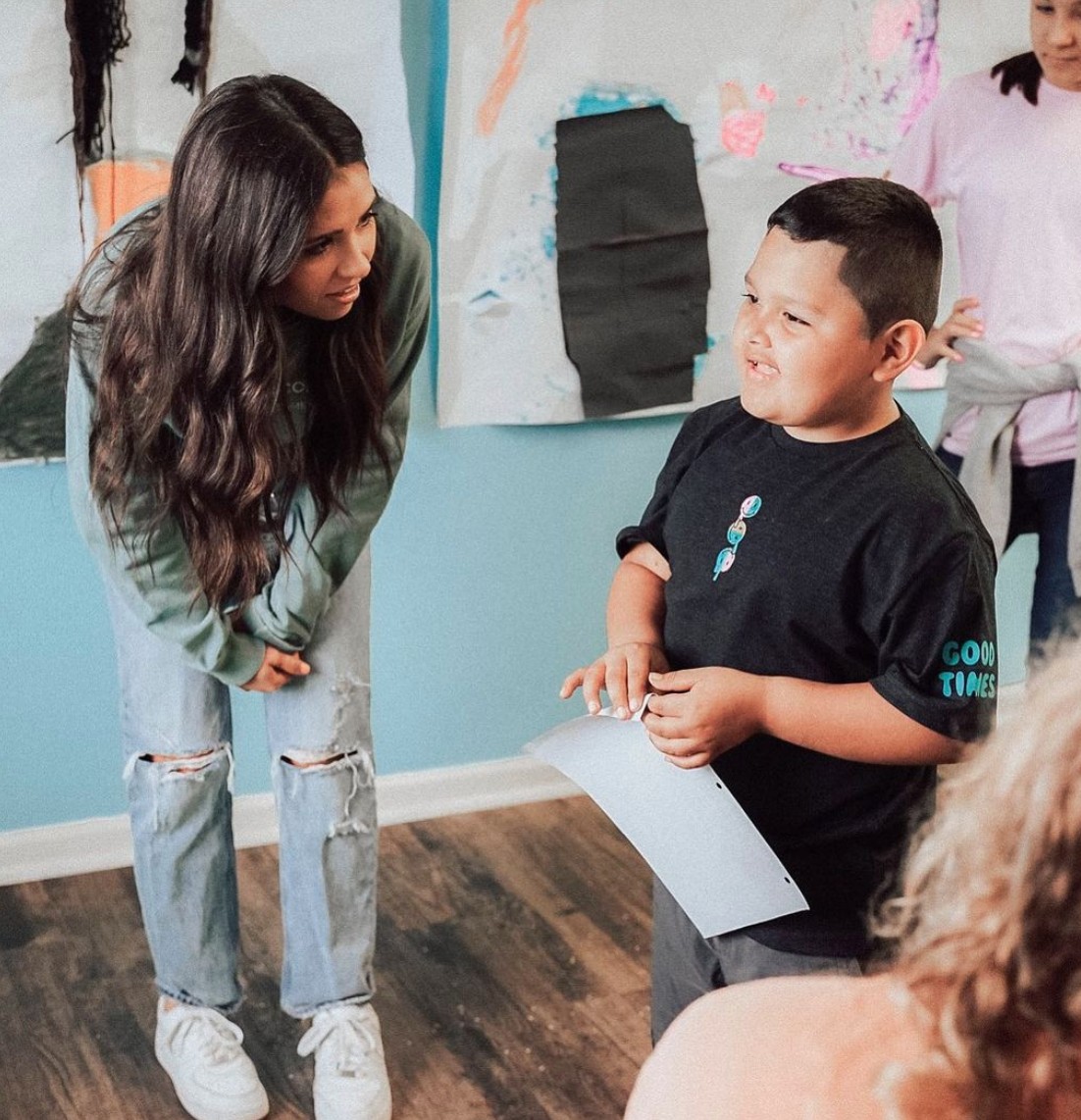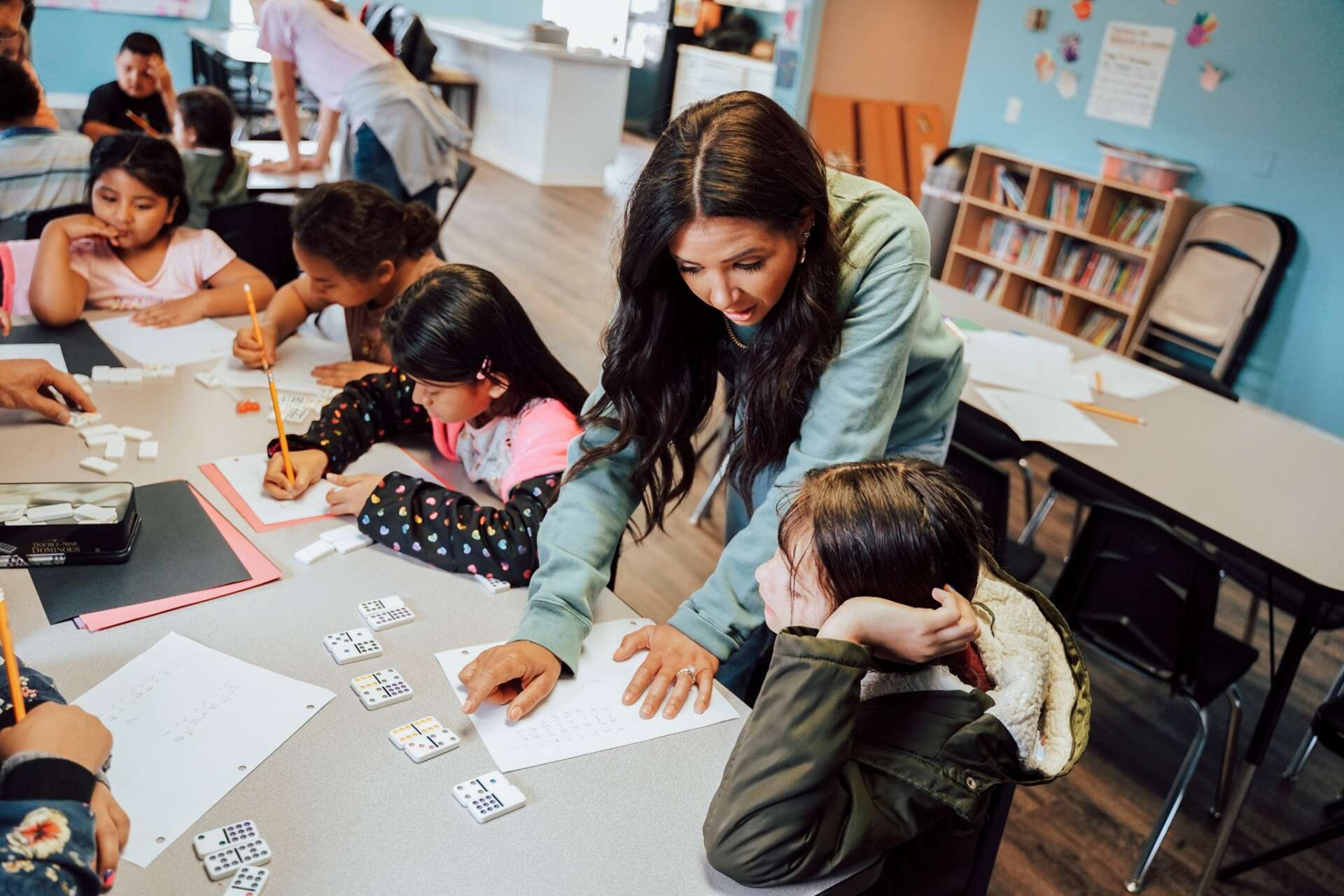We’re excited to introduce you to the always interesting and insightful Natalie Firkser. We hope you’ll enjoy our conversation with Natalie below.
Hi Natalie, thanks for joining us today. So let’s jump to your mission – what’s the backstory behind how you developed the mission that drives your brand?
When I was 12 years old, I got invited by my church to go on a trip to serve in a poverty stricken town in San Luis, Mexico. We drove over the border, and pulled up to an orphanage shortly after. When I got out of the van and met the children, my world changed, as I experienced for the first time children starving to be loved. Year after year I returned to this small town in Mexico, investing in the community and forming relationships with the kids. When I went to college, I started bringing my friends and letting them experience this family I had found in Mexico. For 7 years I worked full time for an organization who gave family to those who didn’t have it through an orphanage, a soup kitchen, a center for the blind and more. During my time in San Luis, we discovered a migrant shelter where people from all over the world were fleeing their countries as refugees, and getting stuck at the border with no where to stay and only the clothes on their backs. This broke my heart and wrecked me. I will never forget, sitting on a curb holding a little baby who was crying because he was hungry, and the mom sat beside me crying because the shelter was full, and she had no food and no where to stay.
Fast forward to years later, when a friend of mine told me about a community in Nashville where I live full of refugees. When I got to the community I was reminded of my first day arriving in San Luis at the orphanage. I saw kids and parents starving for love and connection, and on the brink of hope for a better life after a traumatic past.
We began giving investing in the community giving food and tutoring to the kids. Now, we are a non profit that provides educational resources, job skills, life skills, healthy food, and hope to not only the refugee community in Nashville, but also those in need of support internationally including Mexico.
We named the organization The Aloe Family. Aloe vera is a plant that is rough on the outside, making it tough enough to grow in the harshest conditions in the desert. Just a small amount of water is enough resource for it to grow. When you break the aloe vera plant open, healing properties drip out of the inside.
The Aloe Family seeks to provide a hand-up to the resilient. The communities we work with consist of individuals who are tough, who grow with the resources they have, and who are healing on the inside from the challenges they have faced.
We operate as a family, carrying each others burdens, and pushing one another to be the best version of themselves.



Natalie, love having you share your insights with us. Before we ask you more questions, maybe you can take a moment to introduce yourself to our readers who might have missed our earlier conversations?
After working in nonprofit for several years, I started to realize the difference between helping others because it makes us feel good, and helping others in a way where it makes both parties feel dignified and the one receiving the help feel empowered. I am a strong believer that we all constantly are in a cycle of giving help and needing help. It is our responsibility to give a hand up when we can.
In the Aloe Family’s work, we know that financial needs affect mental, physical and emotional health. In order to really help someone, we must help them from a wholistic point of view. The Aloe Family provides education aid for kids, as we partner with teachers and educators for specialized and bilingual curriculum. We also provide job skills such as making business plans, learning trade skills such as screen printing and candle making, and life skills to do things like filling taxes and filling out legal paperwork.
Helping someone take pride in their work and actions is beautiful, sustainable and can truly change cycles in communities in need of resources.
How do you keep your team’s morale high?
The most important thing I have learned with managing a team and maintaining high morale is the importance of letting your team take ownership of their role. I have micromanaged in the past, and learned that this stumps creativity. Seeing the gifts and talents of your team, and giving them the freedom to do what they love the most will allow your team to be pulled by the mission, instead of pushed by their employer. Praise is important, and as a leader our number one job is encouragement and vision casting. One of the best pieces of advice I have ever gotten is that “Positivity under pressure is good leadership”.



Have you ever had to pivot?
After spending 7 years with a nonprofit I dearly love, I chose to leave to start a new nonprofit. I realized that my vision and philosophy for serving others had evolved, and I had a dream forming inside and an uneasiness in my current position. Letting go was painful, scary and it took me several years to make the jump. However, I have seen that most of the best things in life come with sacrifice, faith, uncertainty and an incredible amount of courage. Now, I have the incredible joy of leading an organization into service that changes lives every single day. I learn more and more every single day, and I am so thankful I took this step.
Contact Info:
- Website: www.thealoefamily.com
- Instagram: instagram.com/thealoefamily
- Facebook: facebook.com/thealoefamily
Image Credits
Moncell Allen Productions


